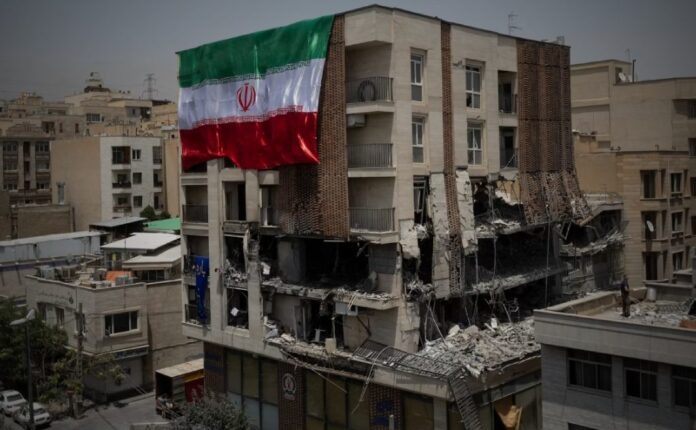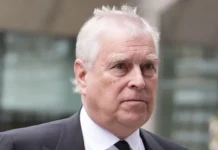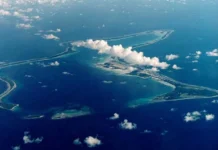Written by Lisa Murimi
In a land still shaken by dust and mourning, the call for peace now rises louder than the roar of warplanes.
Iran’s deputy foreign minister, Majid Takht-Ravanchi, has issued a solemn warning: if the United States truly seeks diplomacy, it must put down its weapons first.
The air in Tehran is thick—not just with the summer heat, but with grief.
On June 13, Israeli airstrikes tore through Iranian nuclear and military sites, claiming the lives of 935 Iranians, including scientists and children.
Iran’s response was swift. Missiles streaked across the skies, igniting another deadly cycle.
Then, on June 21, the U.S. joined the fray, bombing three of Iran’s nuclear facilities—Fordo, Natanz, and Isfahan.
Takht-Ravanchi’s voice trembled with restrained emotion, his message was clear. Dialogue cannot flourish under the shadow of bombs.
He insists Iran’s nuclear enrichment is for peaceful research, yet Washington’s message remains muddled—offering talks one day, launching strikes the next.
The scars of war are fresh. In the silence between ceasefire sirens, Tehran’s streets pulse with both anger and defiance.
But hope flickers. Gulf allies like Qatar are working quietly to build a bridge from ruins to reconciliation.
“If America wants trust, it must stop threatening us,” Takht-Ravanchi said.
In this fragile ceasefire, the world watches. Will diplomacy prevail—or will the drumbeat of war drown out Iran’s cry for peace once again?



















